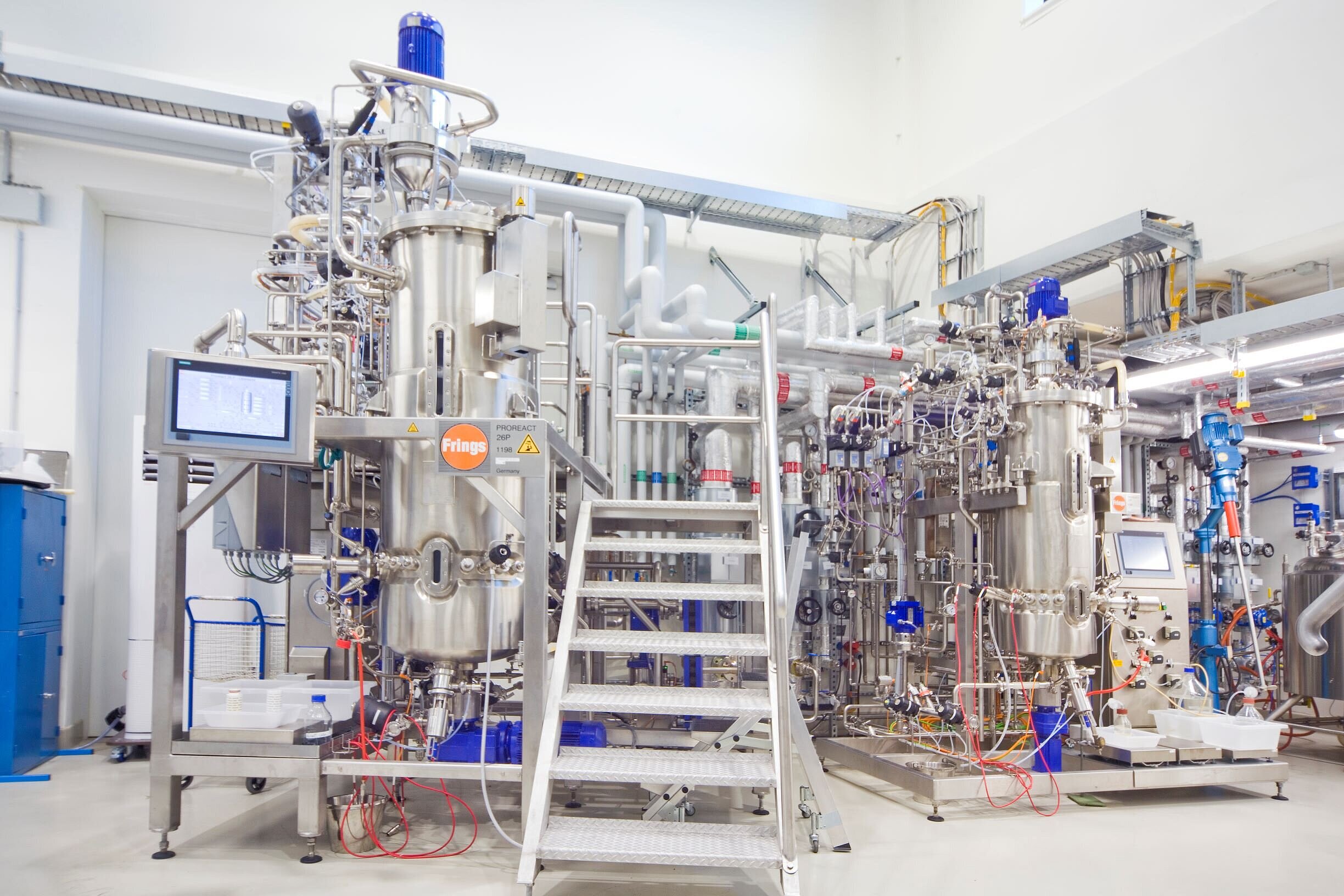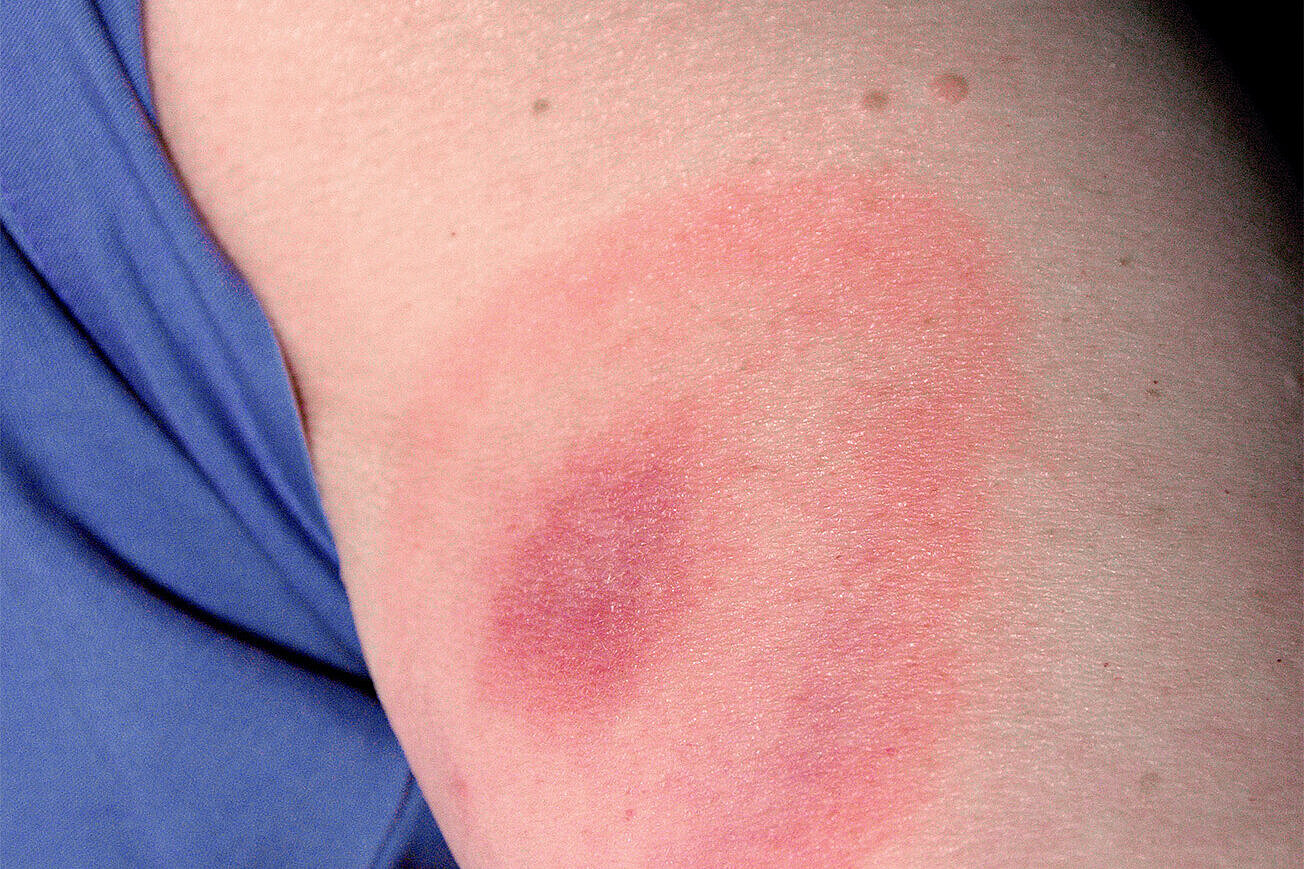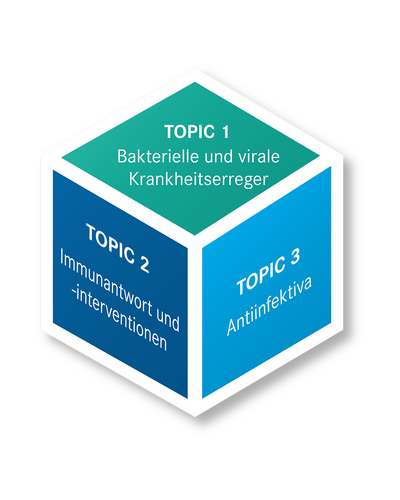The publication database contains over 9,200 publications by HZI employees.
The HZI locations at a glance
The Sites of the Helmholtz Centre for Infection Research are distributed all over Germany. In addition to the main campus in Braunschweig, there are facilities in five other cities: Hamburg, Hanover, Saarbrücken, Würzburg and Greifswald.
Please note: Once you watch the map, data will be transmitted to Openstreetmap. For more information, see Openstreetmap Privacy.
The HZI locations at a glance
The Sites of the Helmholtz Centre for Infection Research are distributed all over Germany. In addition to the main campus in Braunschweig, there are facilities in five other cities: Hamburg, Hanover, Saarbrücken, Würzburg and Greifswald.












